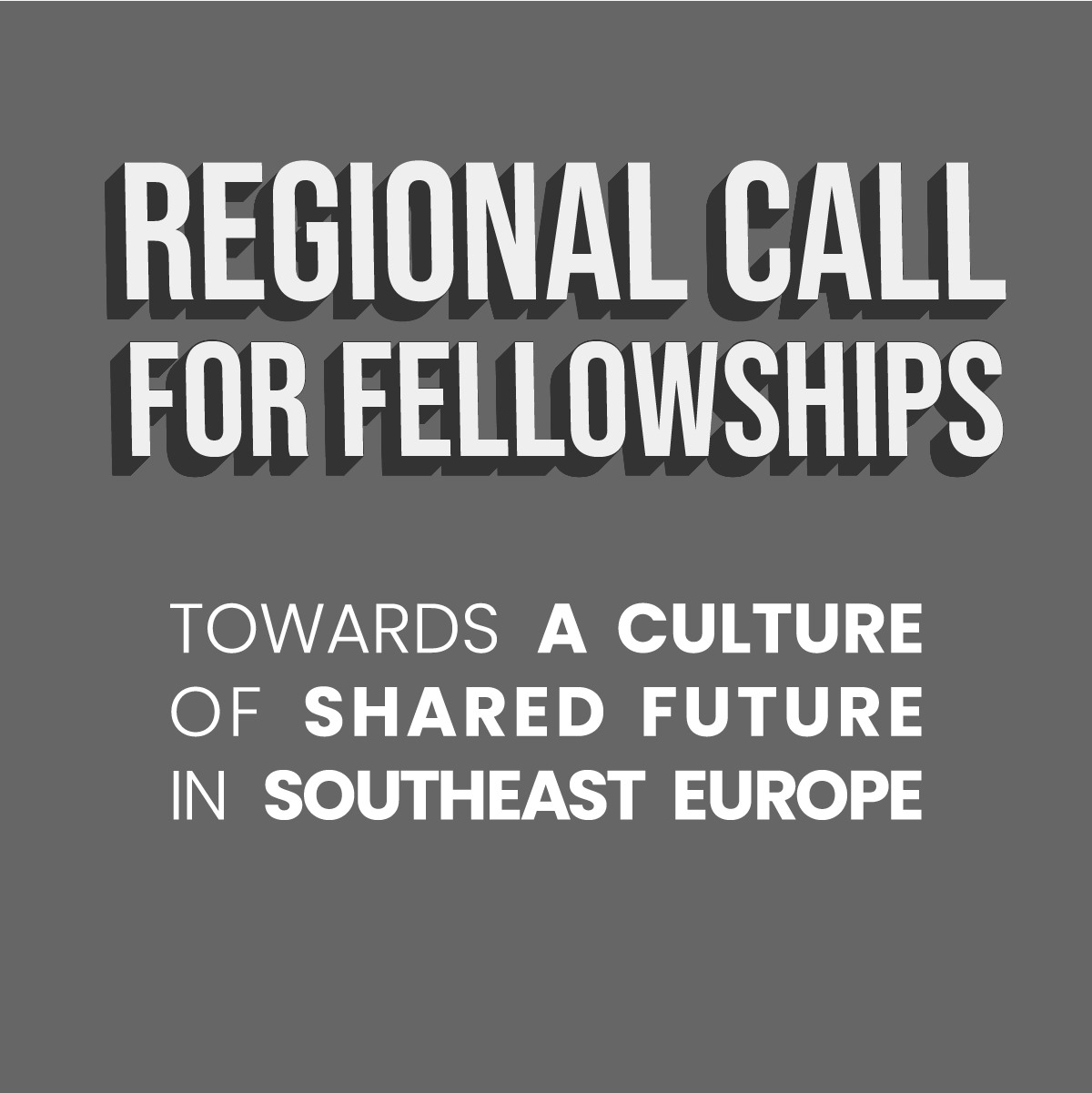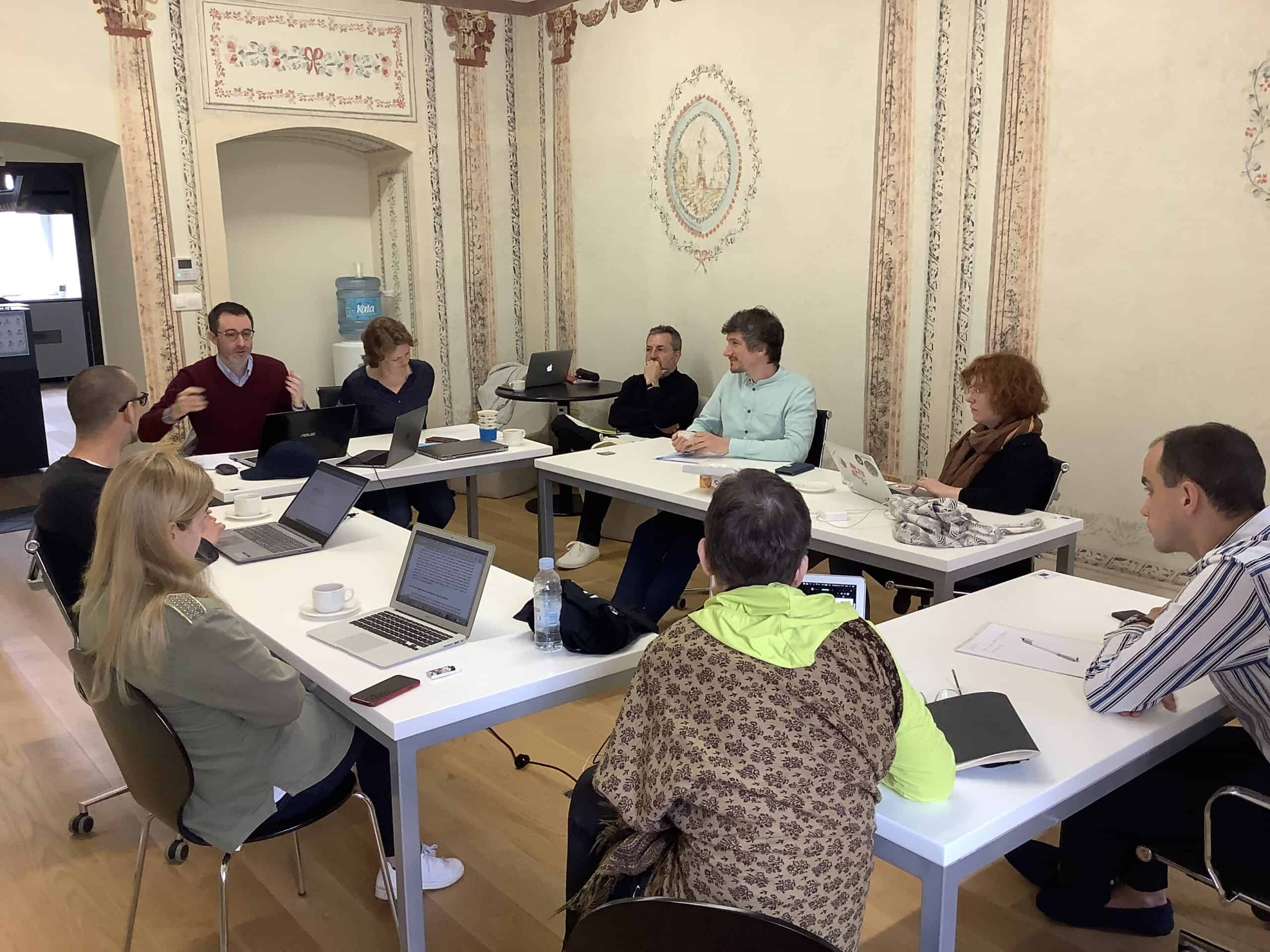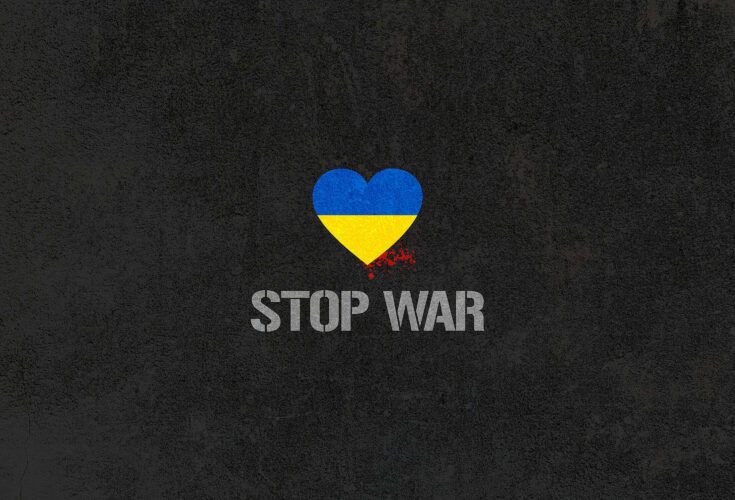The CAS SEE Fellowship Program for Spring/Summer 2022 will host 7 Junior Fellows.
The Call for Applications closes on January 15th, 2022
The 15th generation of fellows will assume their positions by March 1st, 2022
The CAS SEE Fellowship is intended to provide support for early-stage researchers. Inspired by the cooperation of previous generations of CAS SEE Fellows and their creation of long-term thematic synergies among researchers, the upcoming CAS SEE Fellowship will stimulate fellows to present their research in Rijeka and other regional centers. Alongside pursuing their independent research interests, Fellows will attend regular CAS SEE regional conferences and seminars.
CAS SEE encourage candidates for the Spring/Summer CAS SEE Fellowship to focus particularly on two thematic foci: Documenting Democracy and Cryptocurrencies, Financialization and the World without Money
CAS SEE will also take into account all excellent proposals that are not strictly related to the main topics, particularly proposals related to the wide range of topics related to democratic theory and practice of democracies, on climate change and environmental issues (incl. green innovations, inter-linkages between human society and nature, on the role of political ecology today, etc.) on new forms of mobilization and social movements, on the effects of global and regional migration, etc.
This CAS SEE Call invites researchers, journalists, and filmmakers to apply with their early or mid-stage film projects documenting the current and past realities broadly related to diverse, particular, and unique forms of democratic engagement, development, and backsliding.
Beyond the regular stipend for Fellows which will allow them to focus on the development of the project, the Fellowship will also provide the successful applicants with a series of intensive mentoring sessions with Rajko Grlić aimed at the development of their films’ structures, focuses, and themes out of the materials produced in the current stage.
Description of the projects in applications for this thematic focus must include:
- synopsis of the film
- description of the production phase in which the film project is currently in
- short biography of the screenwriter, director and the producer
- title and link to the applicant’s last film project, if there is one
Furthermore, applications should include 2-4 minutes of the existing material of the film project to be developed during CAS SEE Fellowship – please provide a link for the uploaded video materials in the “List up to three of your publications” slot in Application form.
Lastly, please note that applicants for this thematic focus need not hold a PhD.
UNIRI The Moise Palace: Cres Island
An education center of the University of Rijeka. A five-hundred-year-old patrician townhouse and the largest Renaissance palace on the Croatian islands. A venue and forum for various scientific and research activities, it welcomes visiting academics, students and scholars.




